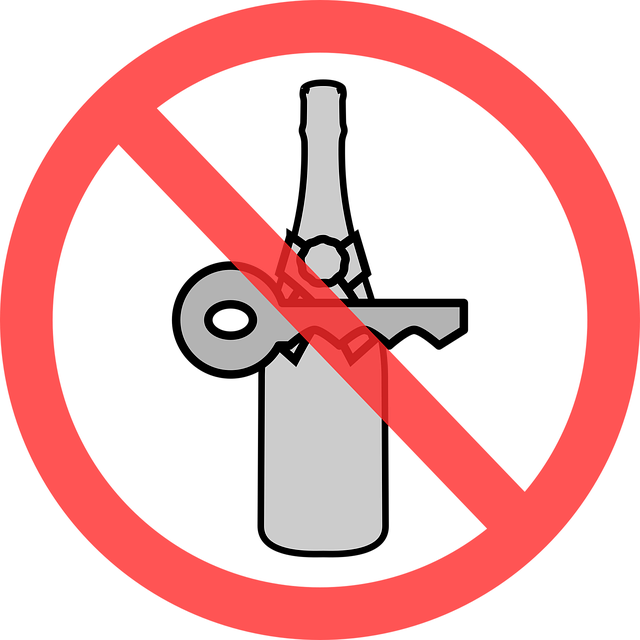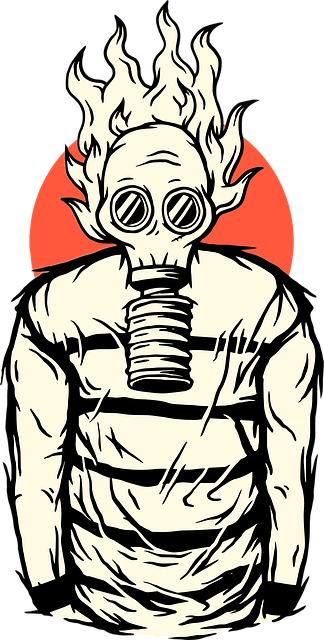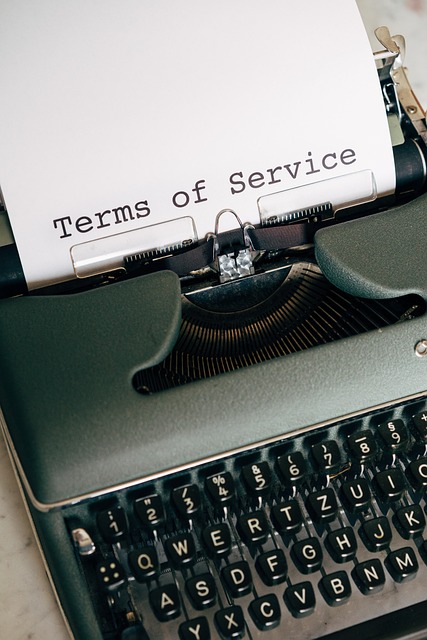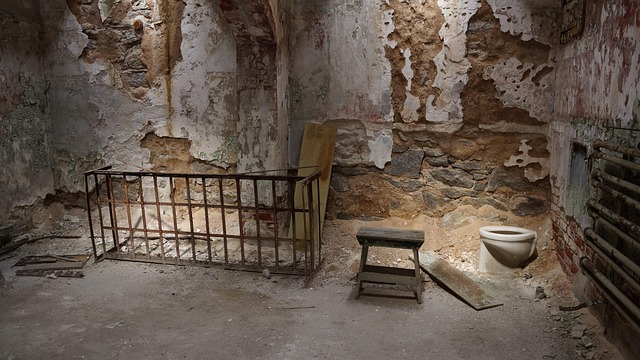Youth justice systems require tailored legal services for adolescents, addressing financial and knowledge barriers to ensure fair treatment. Non-profit organizations and government initiatives offer affordable DUI legal services, community outreach, and technology access to empower teens with rights awareness and equal justice opportunities.
“Youth Justice and Fair Treatment: Unlocking Equal Opportunities for Our Future. This comprehensive article delves into the critical issue of ensuring justice for young individuals, especially in the context of Affordable DUI Legal Services. Understanding the unique challenges faced by teens in navigating legal systems is paramount. We explore strategies to bridge the gap, promoting equal access to justice and fostering a more equitable society. By addressing these concerns, we can revolutionize youth justice, making it a beacon of hope for a brighter future.”
- Understanding Youth Justice and Fair Treatment
- Challenges in Affordable DUI Legal Services for Young People
- Strategies for Ensuring Equal Access to Justice for Teens
Understanding Youth Justice and Fair Treatment

Youth justice, a cornerstone of any progressive society, focuses on addressing and rehabilitating young people who have engaged in delinquent behavior while ensuring fair treatment throughout the legal process. This involves understanding that youth often face unique challenges, including developmental differences and a lack of life experience, which can impact their decision-making abilities and interactions with authority figures.
In the context of affordable DUI legal services, for example, treating young offenders fairly means providing them with access to competent legal representation that understands the complexities of juvenile law. This ensures that their rights are protected, and any consequences or punishments are proportional to their actions while also considering their potential for growth and rehabilitation.
Challenges in Affordable DUI Legal Services for Young People

Accessing affordable DUI legal services presents unique challenges for young people, often due to financial constraints and a lack of awareness about their rights. Many adolescents and young adults arrested for driving under the influence (DUI) may not have the means to afford private legal representation, leaving them at a significant disadvantage in the justice system. Court-appointed attorneys are typically assigned based on availability, which can lead to overburdened public defenders who may struggle to provide the dedicated and specialized attention required for complex DUI cases.
This situation is further exacerbated by the sensitive nature of these cases. Young individuals may be facing their first legal battle, feeling vulnerable and uncertain about their future. They might not understand the implications of a DUI conviction or the available defenses they could have. As such, ensuring accessible and affordable legal aid is crucial to ensure fair treatment within youth justice systems.
Strategies for Ensuring Equal Access to Justice for Teens

Ensuring equal access to justice for teens is paramount in youth justice fair treatment. One effective strategy is to provide affordable DUI legal services tailored specifically for young individuals. These services should be easily accessible, taking into account the unique needs and challenges faced by teenagers, such as limited financial resources and a lack of legal knowledge. Non-profit organizations and government initiatives focused on offering pro bono or low-cost legal aid can significantly bridge this gap.
Community outreach programs play a crucial role in educating teens about their rights and available resources. Workshops, school assemblies, and peer-to-peer mentorship programs can help dispel myths and provide guidance on navigating the justice system. Moreover, leveraging technology to offer virtual legal consultations and online educational resources ensures that even those with limited mobility or digital literacy can access necessary information. This multi-faceted approach fosters a more equitable justice system for young people.
Ensuring fair treatment in youth justice requires addressing the challenges faced by young people in accessing affordable DUI legal services. By implementing strategies that promote equal access to justice, we can create a more just and supportive system for teens. This includes expanding resources, increasing awareness of available services, and advocating for policies that prioritize the unique needs of youthful offenders. Through these efforts, we can strive for a future where all young people have the opportunity to navigate the legal system with dignity and fairness.






